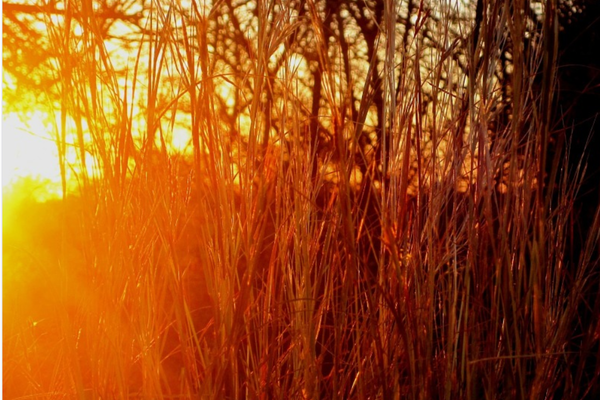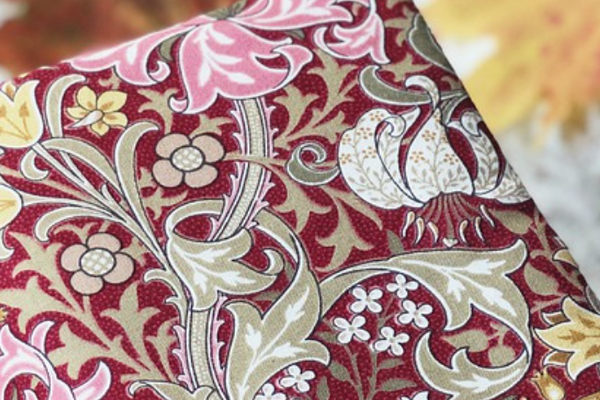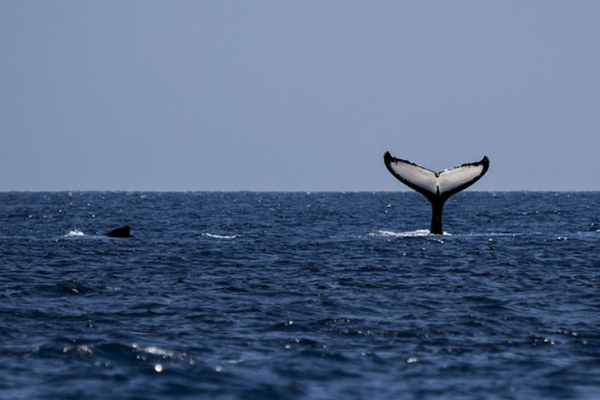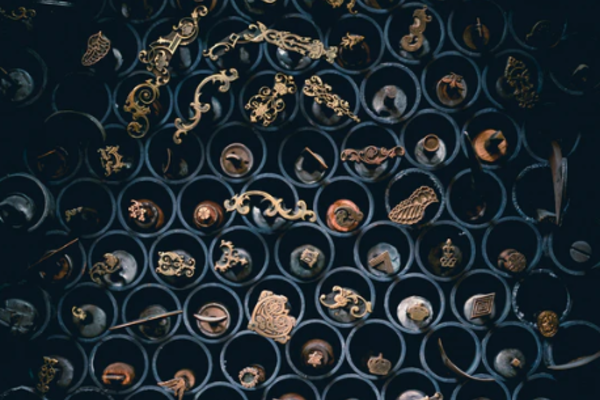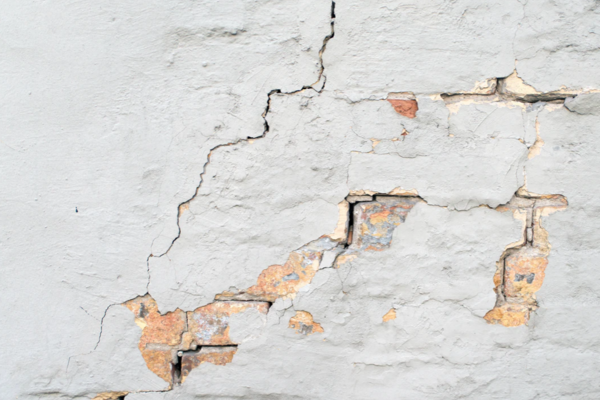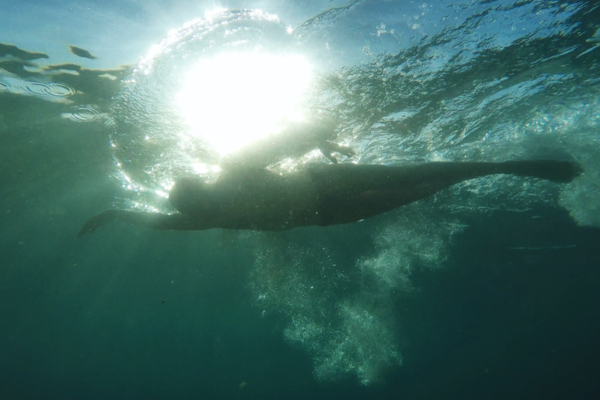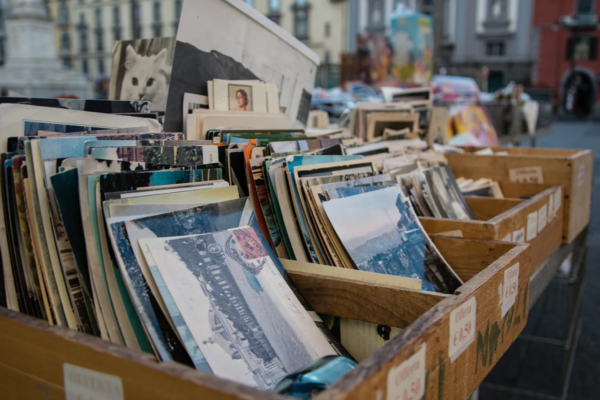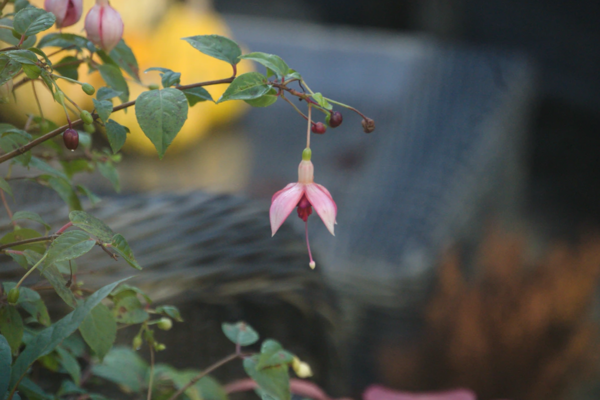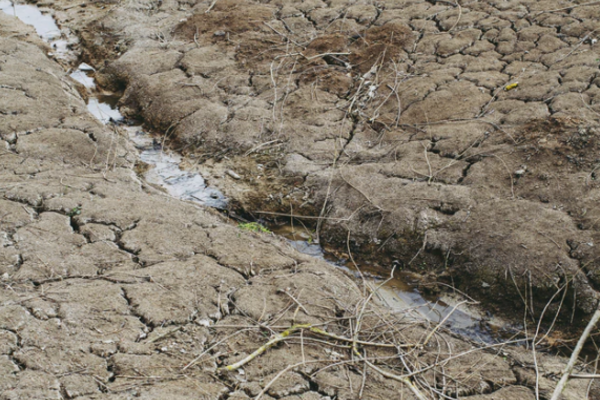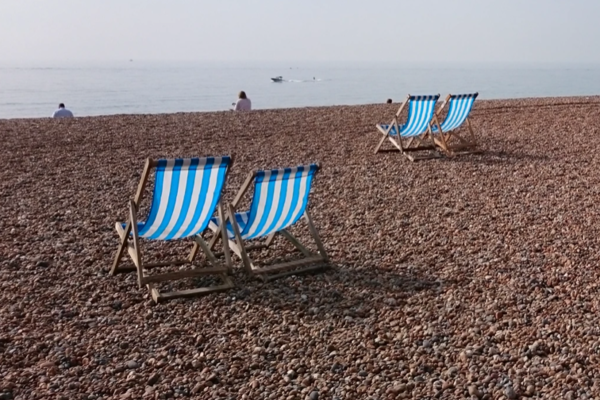Corona Lost & Found: Tokyo Expat Edition
Phone Calls from Home
1a. Lost:
I miss my mother. The last time I lived through such a crisis, the Tohoku earthquake/tsunami/nuclear meltdown, my mother kept me grounded. Every day, I had to reassure her that the images of burning oil refinery plants, tidal waves, and reports of radiation clouds from Fukushima moving towards Tokyo were just western media hype feeding the news cycle.
In calming my mother's worst fears, I also calmed my own. Even when I sometimes had to bend the truth a little, for her sake and mine.
I have never felt before, or since, the unconditional love of someone who would do literally anything to keep me safe.
1b. Found:
Despite my best efforts, and two decades of trying, I could never really convey to my family and friends an impression of my life in Japan.
On annual summer holidays in Toronto, I would pop into the bar where many of us bartended at one time or another, take a seat at the end of the bar, and order a beer from Harry - the same bartender I bartended with thirty years ago.
Nothing has changed.
And when my friends arrive, after a few quick questions about the latest freaky news from Japan, we pick up where we left off last time: who's back in school; who's with who; the latest Netflix binge-watch or cult movie.
Coronavirus changed all that. COVID-19 is literally a worldwide phenomenon. Now, over the phone, in emails and messages - some with people I haven't seen ion years - or on Skype and Zoom we share common experiences… And despite the good, bad, and uglies of social media and discussion forums, I hear first-hand from people around the world their version of the same story we are all living through.
Mother-in-Law
2a. Lost:
An "otsuya" wake ceremony for my mother-in-law, who passed in a tragic accident last weekend.
According to Japanese tradition, my wife, her brother, and I should have travelled to my wife's hometown to view the body and hold vigil before her mother's cremation.
But these days, that same route we routinely travel like a pair of migrating geese mated for life is fraught with viral peril. For us, and for others.
To reach her hometown would involve hours of travel with strangers in an air-sealed car on a shinkansen bullet train, followed by a short ride on the local, eyed with suspicion as city folk sporting contaminated face masks.
All to sit in close rooms for days with elderly extended family members.
When all this is over, we will hold a proper ceremony in her hometown. For now, we have added a picture to our family shrine over the TV in our living room.
2b. Found:
My wife and her brother are working together, supporting each other emotionally and practically from a distance with the pain, and the bureaucracy, of losing one's mother.
And now my wife and her brother call their father at least once a day. Even I share some broken Japanese over the phone. About the weather. And the weeds growing in our garden. Just to keep the connection alive.
Far apart as we are, in different cities, I've never felt closer to my wife's family.
Travel
3a. Lost
We travel. Far and wide. Bali. China. Canada. Spain. Iceland.
And local. the mountains (70% of the land mass) and 6,000+ islands of the Japanese archipelago which arcs like a graphometer from the sub-arctic Russian Far East all the way, nearly 3,800 kilometers (2,361 miles) , to tropical Taiwan.
2020 was to be a special year for us.
Our tenth anniversary of vows exchanged on a storm-tossed mountaintop shrine just west of Tokyo, and offerings made to the local tengu warrior birdmen who watch over Japan's cedar forests.
Every year we renew our vows, and promises to the tengu.
But this year, the alpine associations in Japan, the guides and volunteers who maintain the trails, rescue stranded hikers, and provide other essential services, have asked trekkers to stay home. As have the local communities, who depend on tourism for their livelihood.
This summer we were going to make an overdue visit to friends and family in Canada - the first since my mother passed.
Not this year.
And for our official 10th year anniversary, we were going to return to our adopted spiritual home, Iceland, in time to be immersed in the floral bouquet of fireworks over Reykjavik at New Year's.
For now, all such plans are on standby…
3b. Found
Instead, we are learning to enjoy the stress-free holiday of staying at home.
Each day our heart rates, usually synched to the beat of our commuting life in the world's greatest megacity, beats more to the susserations of our house as it wakes from a cool spring night, and the sun warms first one side, then the other.
We notice the clicks and hums and groans of appliances and house-settling and - who knows? - the spirits of previous occupants on this ancient piece of land with so much history.
I keep hoping for a Thoreau-like, a Woolfean epiphany. A moment of Dillard-esque hyper awareness:
Today the earwig shines darkly, and gleams, what there is of him: a dorsal curve of thorax and abdomen, and a smooth pair of pincers by which I knew his name. Next week, if the other bodies are any indication, he'll be shrunk and gray, webbed to the floor with dust. The sow bugs beside him are curled and empty, fragile, a breath away from brittle fluff. The spiders lie on their sides, translucent and ragged, their legs drying in knots. The moths stagger against each other, headless, in a confusion of arcing strips of chitin like peeling varnish, like a jumble of buttresses for cathedral vaults, like nothing resembling moths, so that I would hesitate to call them moths, except that I have had some experience with the figure Moth reduced to a nub.
Annie Dillard, "Death of a Moth." Holy the Firm.
What dramas are taking place among the cotton batting of the futons, under the straw tatami mats in our bedroom?
Meanwhile, as I await a moment of magical thinking, I continue to scribble, write, and process photos from previous trips.
Walks in the City
4a Lost
Walking, as I've written elsewhere, has always been an important form of self therapy. Exploring the sidestreets and back alleys, the ravines and waterfront, of my hometown helped me cope with the worst excesses of puberty and adolescent angst.
And now, as i come to terms with the ravages (okay, maybe that's a bit much, but you know what I mean) of middle age, exploring this megalopolis is a never-ending source of therapy and inspiration - and a connection to that angry young man wandering the streets of Toronto and wondering what adventures in life awaited.
4b: Found
A chance explore the local 'hood, our home in what I call Tokyo's "rural suburbia." After years of commuting to "the city" for work and entertainment, or in the opposite direction to the tengu-haunted and bear-filled mountains west of Tokyo, it's time to stay local.
On my way to the supermarket, or the local park which is still open (authorities have closed the main parks downtown), all I have to do is turn left instead of the usual right and I find myself in a part of my adopted home I have never seen before.
Did you know we grow onion and cabbage in Tokyo? That there are blueberry fields, vineyards and kiwi orchards, tucked between sushi shops and superstores, housing estates and so-called "mansion" apartment buildings, in the city limits?
"Home"
5a: Lost
I miss my friends and family in Toronto, as well as the old landmarks and favourite neighbourhoods.
The promise I made my mother 20+ years ago, when I started what was meant to be a "three-year overseas adventure," was that I would visit on a regular basis, that I wasn't "leaving home" but expanding my range.
And for 20+ years I made that happen. Most summers, and one godforsaken Canadian winter, I made the 12-and-a-half hour flight from Tokyo to Toronto, and back again.
Not this year.
5b: Found
Instead, current circumstances have adjusted my relationship to my adopted home. While Toronto will always be my hometown, and we will continue to visit and maintain our connections to the many people and places we love and left behind in Canada, Tokyo is the home my wife and I make together - along with our new family and friends.
This newfound sense of "home-ness" puts some of that cognitive dissonance, that split identity of being both here and there, or neither fully here nor there, to rest.
We are where we are when we are there.
It makes everything so much simpler.
And when we pass, along with an offering to the tengu who have watched over us in this life, we will have our mixed ashes spread in the broad Pacific which washes the shores of our two homelands.
Aaron Paulson is an expat teacher, writer, and photographer based in Tokyo.
https://twitter.com/tokyoaaron
www.exitbooted.com


